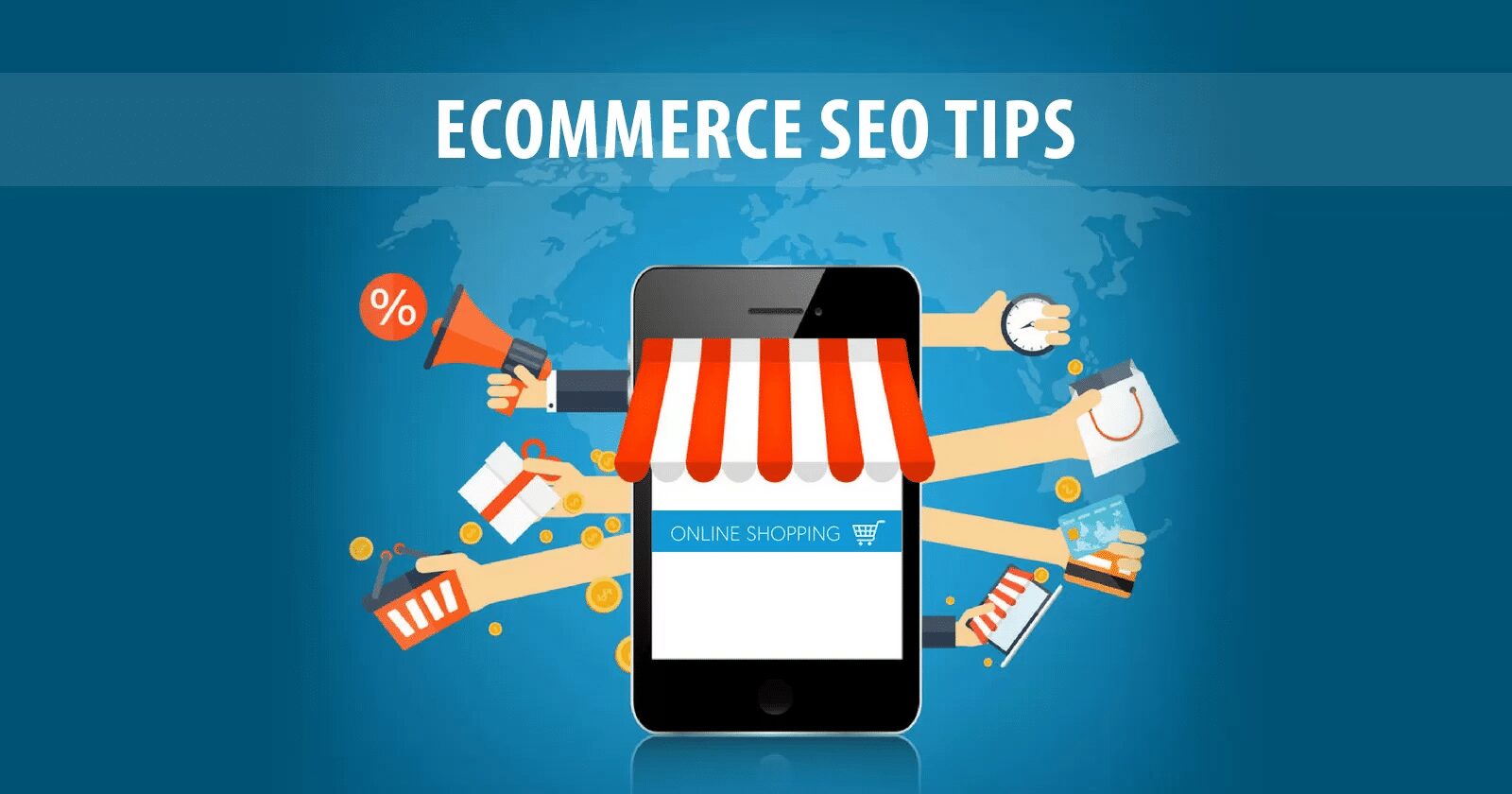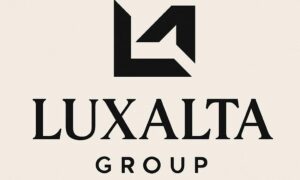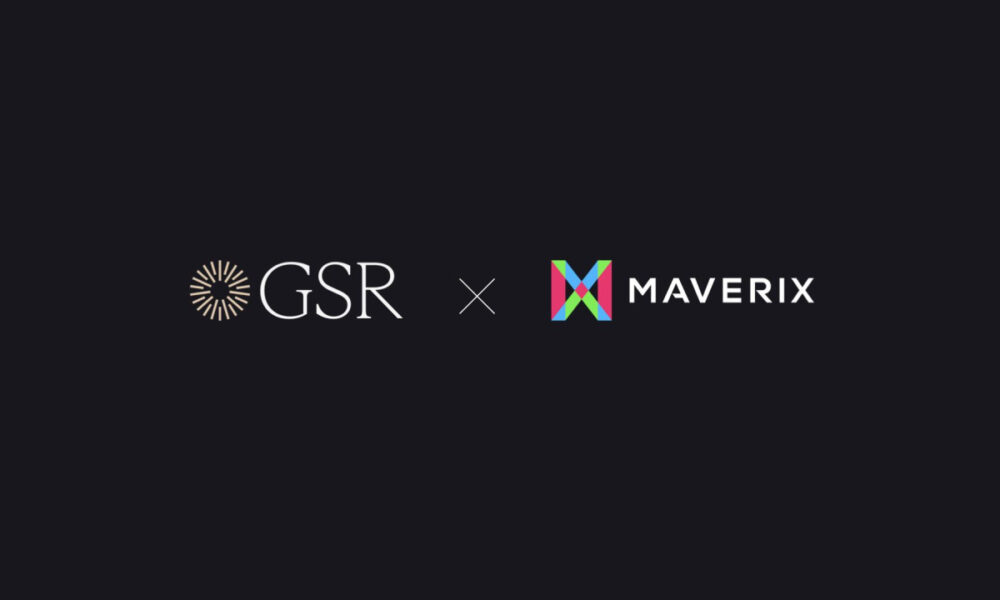E-commerce businesses invest thousands in ecommerce SEO agencies that promise top rankings and revenue growth—yet many see disappointing returns.
While your ineffective agency consumes both money and time, competitors capture market share that should be yours.
Each month with an underperforming SEO partner means potential customers finding your competitors instead, establishing purchasing patterns difficult to break.
Fortunately, evaluating your e-commerce SEO agency doesn’t require technical expertise.
Having worked with dozens of e-commerce businesses that switched from underperforming agencies, we’ve identified consistent patterns that separate worthwhile SEO partnerships from expensive disappointments.
This article outlines clear criteria to evaluate your current agency relationship—helping you decide whether to continue or find a partner better suited to drive actual growth for your online store.
Evaluating If Your E-commerce SEO Agency Delivers Real Value
When assessing your e-commerce SEO agency’s worth, focusing on meaningful results—not just activity reports—is crucial. Many agencies showcase impressive-looking metrics that ultimately have little impact on your bottom line.
Meaningful KPIs vs. Vanity Metrics
Meaningful KPIs directly correlate with business growth and revenue:
- Organic revenue growth: This metric combines traffic, conversion rate, and average order value—the ultimate indicator of SEO success. A worthwhile agency tracks revenue from organic search separately from other channels.
- Non-branded search traffic: Increases in visitors finding you through product and category searches (not your brand name) indicate your agency is expanding your market reach.
- Pages generating revenue: The number of product/category pages actually driving sales, not just rankings.
- Conversion rate from organic traffic: Quality SEO brings qualified visitors ready to purchase.
Beware of agencies that overemphasize these vanity metrics:
- Generic ranking reports without revenue context
- Raw traffic numbers without conversion data
- Keyword volumes without purchase intent analysis
- High rankings for low-competition terms nobody searches
Timeline Expectations That Make Sense
Different SEO initiatives deliver results on varying timelines. A quality agency sets realistic expectations:
- Technical fixes: Impact visible within 2-4 weeks after implementation
- On-page optimization: Initial improvements in 1-3 months
- Content strategy: Progressive gains starting at 3-6 months
- Link building: Meaningful impact at 4-8 months
Red flag: Any agency promising dramatic results in under a month is likely over-promising. E-commerce SEO is particularly competitive, requiring sustained effort.
E-commerce-Specific Metrics That Should Be Improving
Beyond standard SEO metrics, e-commerce websites have unique indicators that demonstrate genuine progress:
- Product page indexing rate: The percentage of your catalog properly indexed by search engines
- Category page performance: Traffic and conversion improvements to these critical landing pages
- Shopping feed optimization metrics: Click-through rates and conversion from Google Shopping
- Seasonal adjustment performance: How well your site captures seasonal demand spikes
A quality agency regularly reports on these e-commerce-specific metrics and explains their importance to your bottom line.
Transparency and Communication Checkpoints
The difference between effective and mediocre e-commerce SEO agencies often comes down to transparency and communication. The best agencies make you feel like they’re an extension of your team, not a black box service provider.
Reporting Standards and Red Flags
Gold standard reporting from worthwhile agencies includes:
- Clear correlation between activities and outcomes: Explicitly showing how specific work impacted specific metrics
- Both wins and challenges: Honest assessment of what’s working and what isn’t
- Competitive context: Your performance relative to key competitors
- Forecasting and revisions: Updated projections based on actual results
Red flags in agency reporting include:
- Reports filled with jargon but light on actionable insights
- Excessive focus on rankings without conversion context
- Inconsistent metrics that change whenever results are unfavorable
- Delayed or sporadic reporting only when prompted
Access to Data and Tools
Transparent agencies provide:
- Access to your Google Search Console and Analytics accounts
- Visibility into any third-party tools they use for your site
- Raw data behind their recommendations
- Documentation of technical changes implemented
Be wary of agencies that claim “proprietary methods” as justification for withholding data or access. While agencies may have unique processes, the underlying data should always be available to you as the client.
Communication Frequency and Quality
Effective communication patterns include:
- Proactive updates: Notifications about significant changes or issues without you having to ask
- Accessibility: Clear points of contact and reasonable response times
- Technical translation: Complex SEO concepts explained in business terms
- Strategic discussions: Regular conversations about shifting priorities based on performance
Strategy Explanations and Education
The best agencies don’t just implement tactics—they build your team’s capacity to understand SEO:
- They explain the “why” behind recommendations
- They provide context for industry changes that affect your site
- They offer resources to help your team make better SEO-informed decisions
- They distinguish between universal best practices and strategies specific to your business
This educational approach means you’re not perpetually dependent on the agency—you’re developing internal expertise alongside their services.
Content Strategy Effectiveness
Content strategy for e-commerce SEO goes far beyond blog posts and landing pages. A truly valuable agency develops content that drives qualified traffic and converts visitors into customers throughout your site.
Product Page Optimization Techniques
Elite agencies transform product pages from basic listings to conversion-focused content assets:
- Unique product descriptions: Custom content optimized for both search engines and conversions
- Enhanced metadata: Title tags and descriptions that improve CTR while maintaining keyword relevance
- Structured content: Strategic use of headings, bullets, and formatting to improve engagement
- Customer-focused language: Copy that addresses pain points and buying triggers
We’ve analyzed hundreds of e-commerce sites and found that product pages with customized, benefit-focused content convert up to 30% better than generic manufacturer descriptions.
Key indicator: Your agency should provide templates and guidelines for product content that balance SEO requirements with conversion psychology. If they’re not addressing product page content, they’re missing your most important conversion points.
Category Page Strategy
Category pages are often the most valuable SEO assets in e-commerce, yet many agencies neglect them:
- Strategic keyword targeting: Alignment of categories with high-value search terms
- Enhanced content: Informative introductions that establish relevance for search engines
- Internal linking architecture: Strategic cross-linking between relevant categories
- Filter optimization: Making product filters crawlable and indexable when appropriate
Blog Content That Actually Drives Sales
Many agencies create blog content that attracts traffic but fails to convert. Valuable agencies develop:
- Commercial intent content: Buying guides, comparison posts, and product roundups that naturally lead to purchases
- Strategic funnels: Content mapped to different stages of the buyer’s journey
- Product-focused solutions: Posts that position your products as solutions to specific problems
- Internal linking strategy: Intentional paths from informational content to commercial pages
The difference is measurable: Conversion rates from blog traffic typically hover around 0.5-1% for most e-commerce sites. With a sales-focused content strategy, this can increase to 2-4%.
Conversion Optimization Integration
The best agencies integrate conversion optimization directly into their SEO strategy:
- Search intent alignment: Pages designed to match the specific intent behind target keywords
- Behavioral analysis: Using heat mapping and user recording tools to identify optimization opportunities
- A/B testing: Systematic testing of content variations to improve both rankings and conversions
- Continuous improvement: Iterative enhancement based on performance data
Link Building Quality Assessment
Link building remains one of the most powerful yet contentious aspects of SEO. For e-commerce sites, the difference between valuable and harmful link strategies can significantly impact both rankings and brand reputation.
Evaluating Backlink Profile Improvements
Valuable agencies focus on quality and relevance over sheer quantity:
- Authority growth: Increasing the average domain authority of linking sites over time
- Relevance alignment: Links from sites within your industry or related verticals
- Traffic potential: Links from pages that themselves receive significant traffic
- Brand association: Links that enhance your reputation within your market
Red flag: If your agency reports only focus on link quantity without addressing quality metrics, they’re likely taking shortcuts that could harm your site long-term.
Red Flags in Link Acquisition
Watch for these warning signs in your agency’s link building approach:
- Identical anchor text: Unnatural patterns of the exact same linking text
- Sudden spikes: Large numbers of links appearing within short timeframes
- Low-relevance sources: Links from sites unrelated to your industry or products
- Questionable outreach: Email templates that mention “paid links” or “link exchanges”
- No rejection reports: Agencies building quality links should experience rejections and report on them
Critical insight: Quality link building is resource-intensive. If your monthly investment is low but the agency claims to build dozens of links monthly, they’re almost certainly using automated or low-quality methods that may eventually trigger penalties.
E-commerce-Specific Link Building Strategies
Effective agencies employ specialized link building tactics for e-commerce:
- Product PR: Securing coverage for unique or newsworthy products
- Resource link building: Creating valuable buying guides that naturally attract links
- Supplier relationships: Leveraging existing business relationships for quality links
- Data-driven content: Original research or industry data that generates natural backlinks
- Social proof exploitation: Converting mentions from customers into formal links
Measuring True Value: The Bottom Line
Evaluating your e-commerce SEO agency requires focusing on revenue impact, communication quality, technical expertise, content strategy, and link building practices. Don’t settle for vanity metrics when your bottom line is at stake.
Ready for SEO that actually drives sales? Contact ArticleAlchemy today to discover how we’ve transformed e-commerce results for businesses just like yours.



































